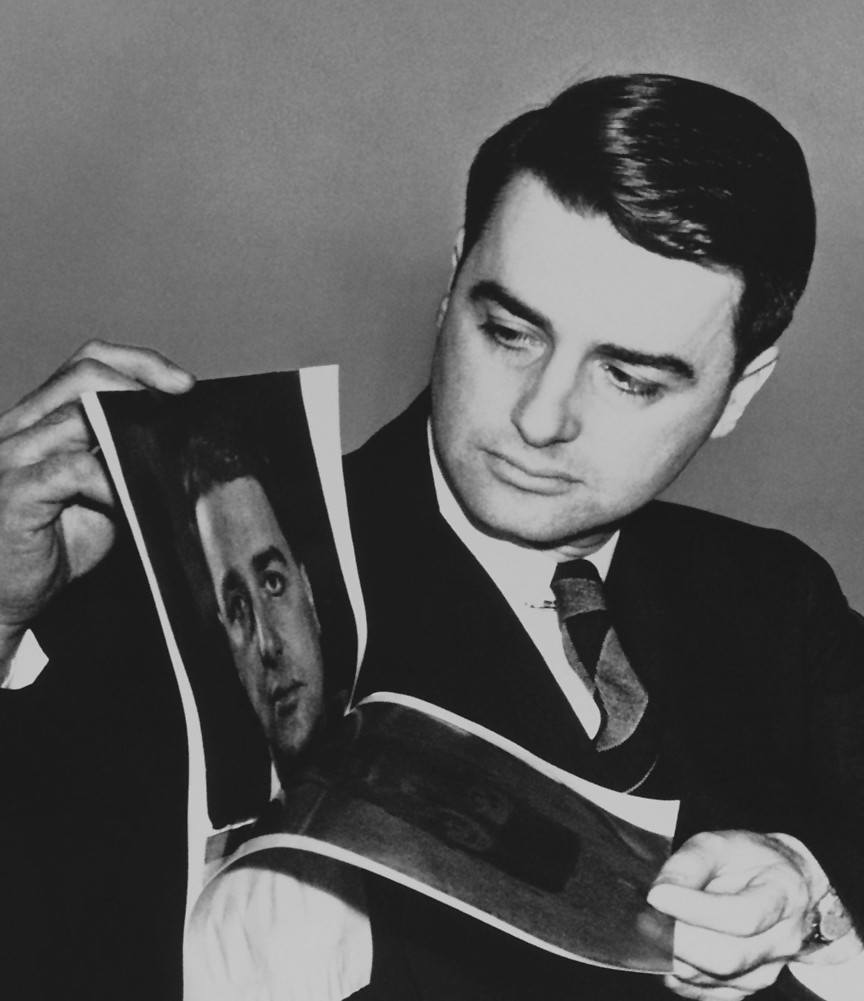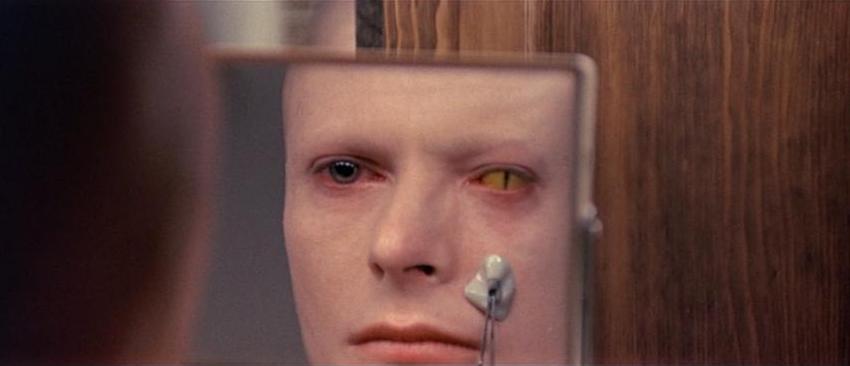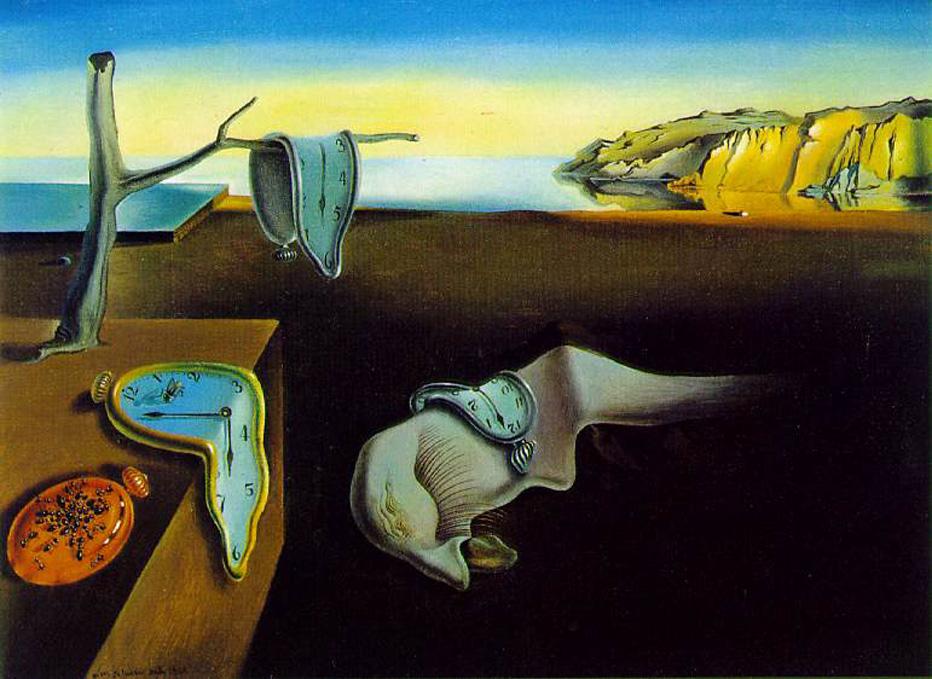Speaking of immortality, some see a side door into forever, which is to essentially capture the “code” of an individual human brain and upload it into a computer, hologram, robot, and perhaps in the long run, a carbon-based “replacement body.” Of course, even if it becomes possible, a personality transferred into a new “container” is changed by the unfamiliar wrapping. It isn’t the same thing but a simulacrum, a xerox copy on a new sheet of paper.
Russian billionaire Dmitry Itskov is someone who hopes to upload himself into eternity and is spending heavily to try to make it happen. From Kate Palmer at The Telegraph:
Web entrepreneur Dmitry Itskov is behind the “2045 Initiative,” an ambitious experiment to bring about immortality within the next 30 years by creating a robot capable of storing human personalities.
The group of neuroscientists, robot builders and consciousness researchers say they can create an android that is capable of uploading someone’s personality.
Mr Itskov, who has made a reported £1bn from his Moscow-based news publishing company, is the project’s financial backer.
They believe that robots can store a person’s thoughts and feelings because brains function in the same way as a computer.
It would work by uploading a digital version of a human brain to an android – effectively rebooting a person’s mind – which would take the form of a robotic copy of a human body or, once technology has developed, a hologram with a full human personality.•





